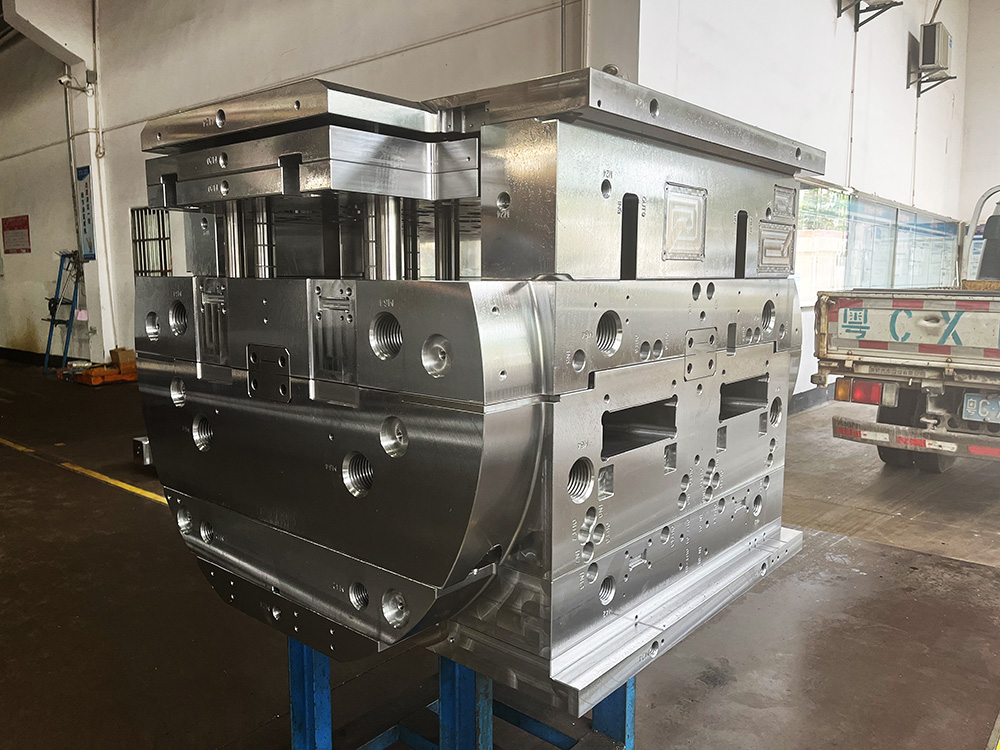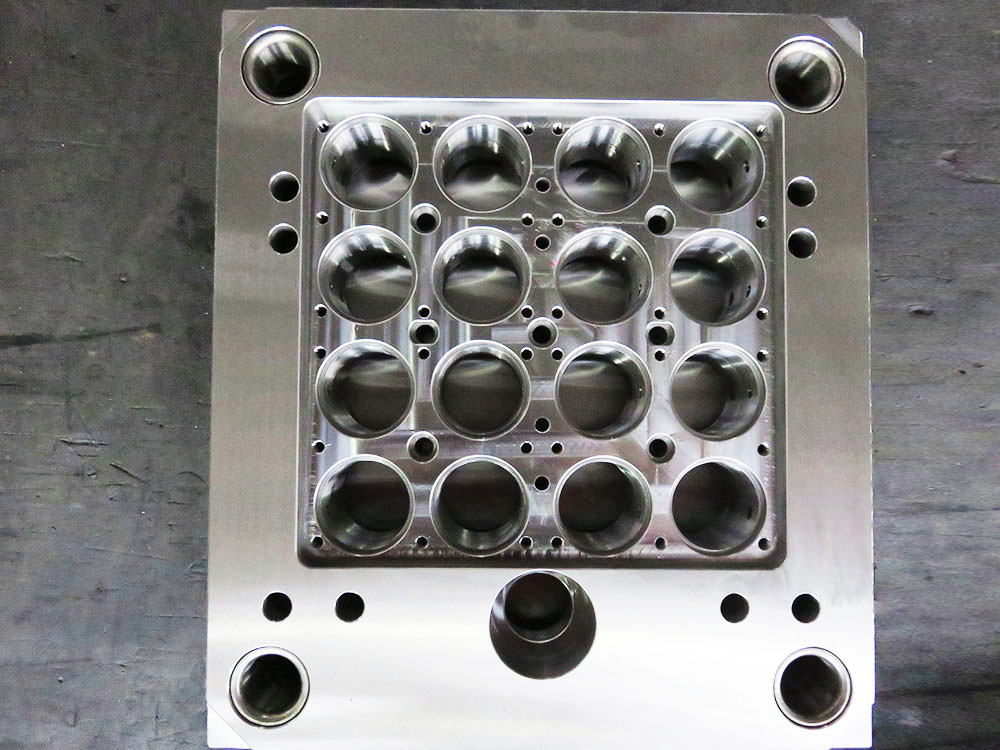The Choice of Steel Material for Mould Bases: What Are the Requirements?
Mould bases play a critical role in the manufacturing of various products, as they provide a strong foundation for moulds to create precise and consistent parts. Therefore, the choice of steel material for mould bases is of utmost importance as it directly impacts the performance, durability, and overall quality of the mould. In this article, we will explore the key requirements for selecting steel materials for mould bases.
1. Hardness
One of the primary requirements for steel materials used in mould bases is high hardness. The mould base needs to withstand the pressures and forces exerted during the injection or compression moulding process. High hardness ensures that the mould base can resist wear, abrasion, and deformation, leading to longer service life and reduced maintenance needs. Typically, steel materials with a Rockwell hardness of at least 50 HRC are preferred for mould bases.
2. Toughness
While hardness is crucial, the steel material should also possess sufficient toughness to withstand impact and shock loads. During the moulding process, there are instances when the mould experiences sudden and intense pressure, especially during the injection phase. Steel materials with good toughness can absorb and dissipate these forces, preventing cracks or fractures in the mould base. This ensures a longer lifespan and reduces the risk of unexpected mould failures or production delays.
3. Corrosion Resistance
As mould bases are in constant contact with various substances, including molten plastics, resins, and chemicals, it is essential for the chosen steel material to have excellent corrosion resistance. Corrosion can result in pitting, oxidation, and surface degradation, negatively impacting the mould base's performance and appearance. Stainless steel grades, such as AISI 420 and AISI 440C, are commonly used due to their superior corrosion resistance properties.
4. Machinability
The ease of machining is another important consideration when selecting steel materials for mould bases. As mould bases require precise customization and intricate features, the chosen steel material should be easily machinable without causing excessive tool wear or compromising dimensional accuracy. Steel materials with good machinability, such as AISI 4140 or P20, are preferred, as they allow for efficient manufacturing processes and shorter lead times.
5. Stability
The thermal stability of the steel material is crucial for mould bases, as they are subjected to repeated heating and cooling cycles during the moulding process. Steel materials with high thermal stability minimize thermal expansion and contraction, ensuring consistent dimensional accuracy and minimizing the possibility of warpage or distortion. Heat-treated steels, such as H13 or S7, are commonly chosen for mould bases due to their excellent thermal stability.
Conclusion
The selection of steel material for mould bases is a critical decision that significantly affects the performance and lifespan of the mould. High hardness, toughness, corrosion resistance, machinability, and stability are key requirements that the chosen steel material must possess. By carefully considering these factors, manufacturers can ensure the production of high-quality mould bases that provide reliable and consistent results, contributing to efficient and successful manufacturing processes in various industries.




